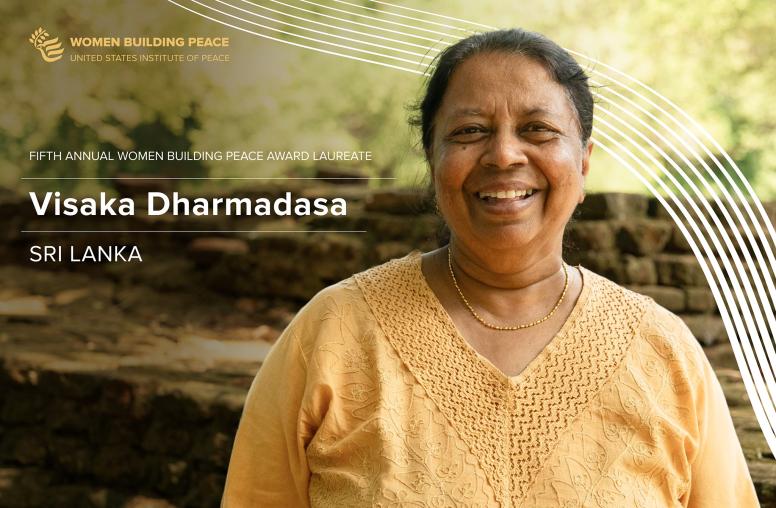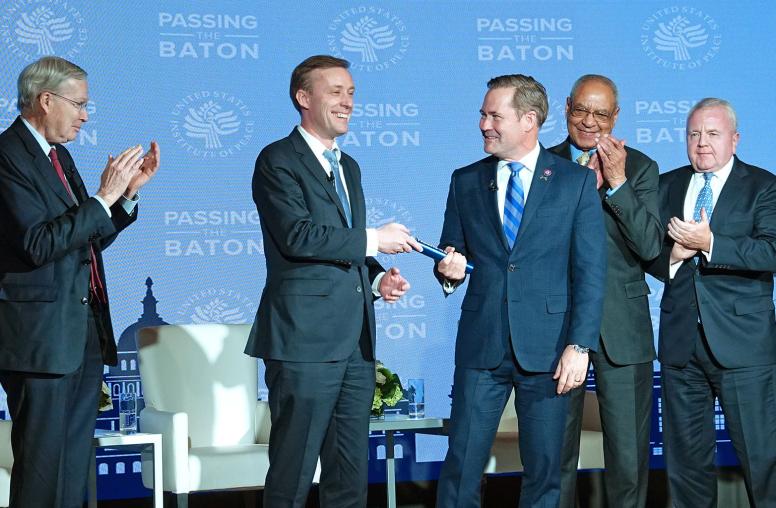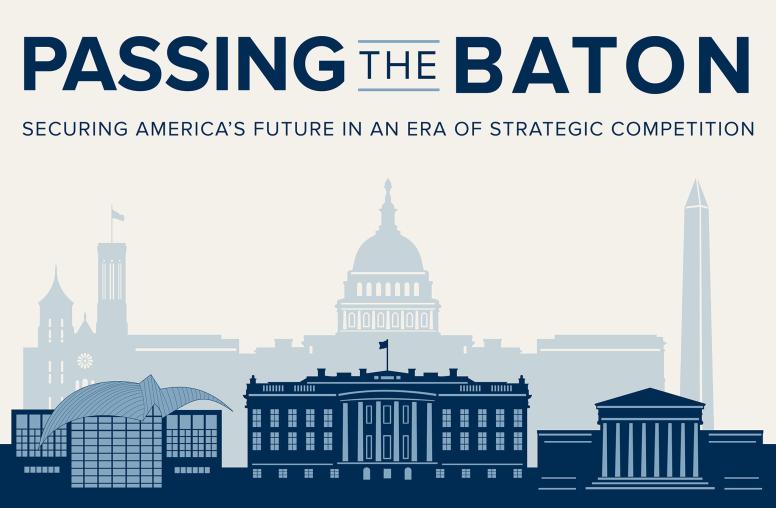USIP Peace Teachers Program Announces 2023 Cohort
(Washington, D.C.) – The U.S. Institute of Peace (USIP) is pleased to announce the selection of the 2023 Peace Teachers Program cohort, consisting of 22 middle and high school teachers from 21 U.S. states and Washington, D.C. The full list of participants can be found here.
For young people in these teachers’ communities, news of heightened tensions over Taiwan, the war in Ukraine, or renewed fighting in Sudan may feel like a world away. But over the course of the next school year, USIP’s Peace Teachers Program will provide its 2023 cohort with the education, resources and support needed to bring issues of international conflict to life for their students and empower them to see peace as something practical and possible.
“USIP is delighted to announce its 2023 Peace Teachers. As experienced educators, they are dedicated to helping their students become more informed and engaged citizens who value America’s enduring commitment to global peace and security,” said Gonzalo Gallegos, the Institute’s director of communications. “We know from working with previous groups of Peace Teachers that this program will help them achieve that goal. It will give the educators and their students the knowledge, skills and perspectives they need to envision a more peaceful world and their part in creating it.”
Over the past eight years, the Peace Teachers Program has worked with educators and their students across 27 U.S. states and the District of Columbia. The program is rooted in the conviction that educators can be pivotal in bringing issues of global conflict and peace into their classrooms, schools and communities. It is part of USIP’s public engagement work, which is grounded in the Institute’s mandate from Congress and serves schools, universities and civic organizations around the country. As participants in this program, the 2023 cohort will discover ways to advance their students’ understanding of international conflict and the possibilities of peace in ways that align with their own curriculum. The teachers will take part in online coursework, develop and implement individualized action plans, share their strategies and experiences, and serve as models and ambassadors for teaching about global conflict and peace.



